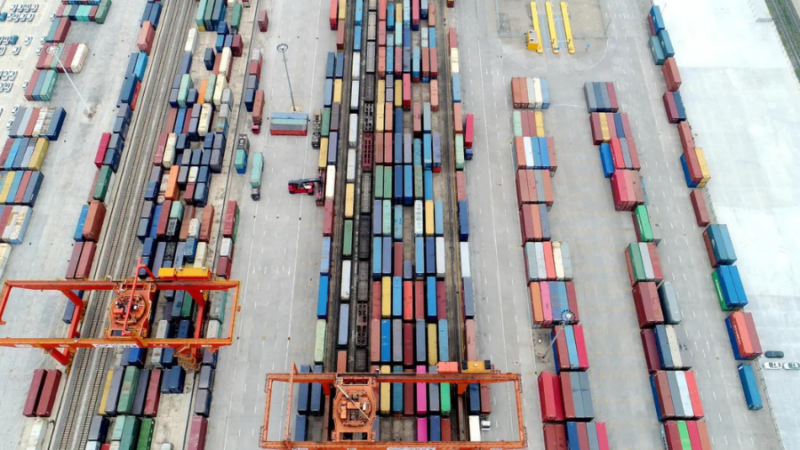
In recent weeks, government officials in Beijing have taken actions to aggressively combat the spread of COVID-19 across the megacity. Residents have been instructed to limit their travel and stay inside as much as possible. As a result, workers have not been able to process incoming and outgoing shipping containers at their normal rate. For the rest of the world, this may cause supply chain issues. According to a report from The Hill, nearly 25% of the world’s stalled shipping containers are sitting in Chinese ports. In a nation like the United States of America where nearly 20% of all goods and 35% of electronics come from China, this could lead to increased shopping prices.
“China is just the linchpin for what so much of the world relies on, especially around technology manufacturing,” Interos CEO Jennifer Bisceglie told The Hill.
Unfortunately, the lockdowns in Shanghai and Beijing will likely affect semiconductors, which will impact everything from the phones we use to the automobiles we buy to the toys we play with.”
As Beijing enters its fourth week of lockdown measures, there is no word as to when things will bounce back. In fact, experts expect that the impact of these health protocols could last into May and the early parts of the summer.
“The prolonged lockdown in Shanghai plus highway controls in a number of provinces have been severely disrupting logistics in China,” Tommy Wu of Oxford Economics said, according to The Hill.
“The central government is now trying to balance minimizing disruption against controlling the latest wave of Covid infections, but the disruption is likely to last for weeks and will weigh on activity in April and into May, if not longer.”






